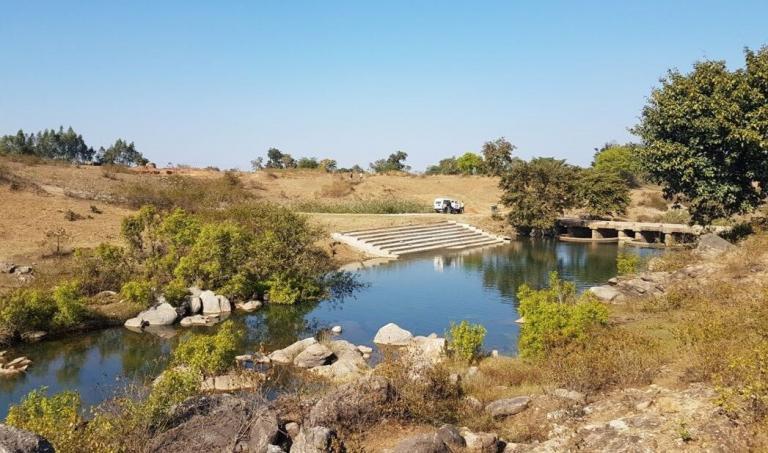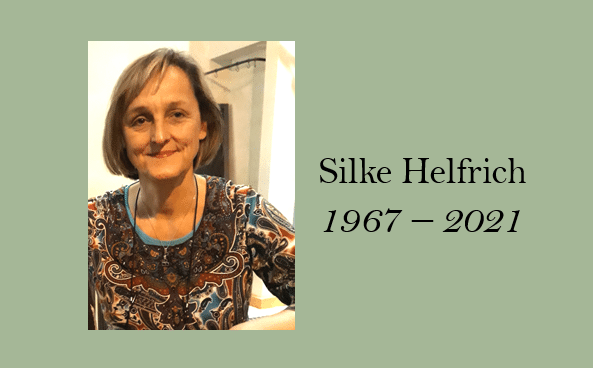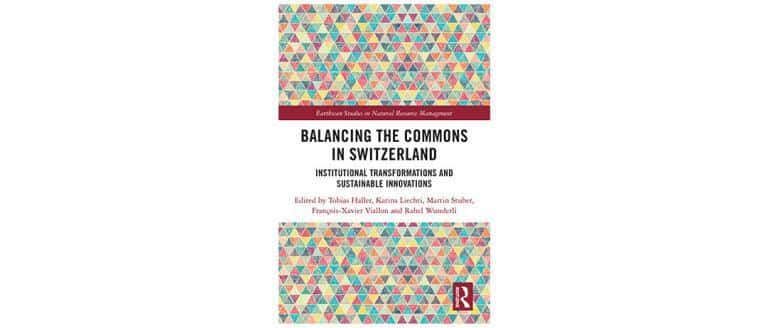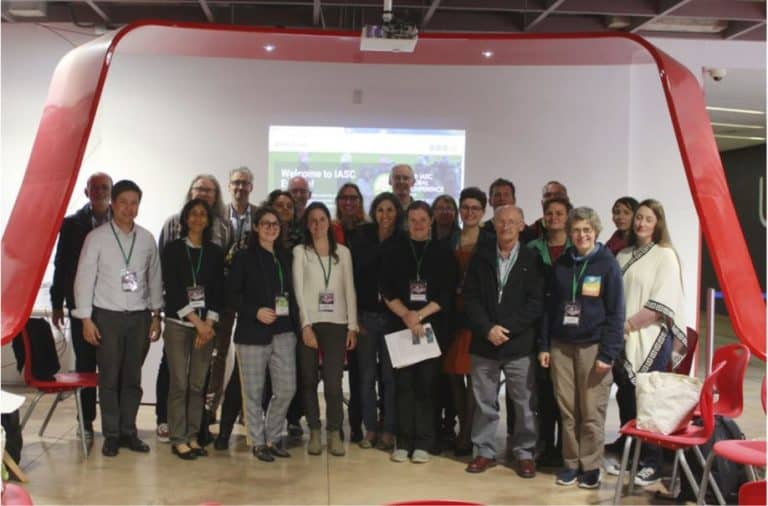About IASC Europe & CIS
The IASC was founded on May 27, 1989 and its legal address has been at Indiana University since then. Various global, regional and topical conferences have been organized in Europe over the years. Since 2018 we started to decentralize our coordination, particularly to facilitate understanding and practice of commons on more regional and local levels. We would like to support communication among the members as well as potential members of the association within the region/country/thematic areas, and reach out to broader external audiences.
Latest News
Understanding behavioral change for improved water governance: Reflecting on ongoing development interventions in India
IASC members share insights and reflections on their experiences from international development interventions in India with focus on understanding the role of behavioral change for ...
Join IASC One-Day Virtual Conference on Food Commons in Europe and Beyond on December 9! (Update)
Food as commons, food governance, and more at this conference.
Cast a vote for finalists of Teaching the Commons video contest!
Five finalist videos of 2021 Worlds Commons Week's contest have been selected and are available for watching. IASC members can cast their votes. ...
Honoring the life of Silke Helfrich
Long-standing IASC member Silke Helfrich passed away in an accident on November 10, 2021.
Join World Commons Week online on December 6-12!
Video contest about teaching the commons and more at this conference.
Join IASC 2021 General Conference online on October 11-15!
Cross-cutting topics about commons and more at this conference.
Video update for the book “Balancing the Commons in Switzerland” by Haller et al.
Now an introductory video available for the new book on the development and changes in the management of commons in Switzerland.
Welcome Tobias Haller – new Regional Coordinator for IASC Europe
A long-standing IASC member Tobias Haller takes over regional coordination of IASC Europe.
Have news and want to post them here?
Now you can send your news about relevant events, publications, job opportunities, and other news-worthy information directly to us.
(membership required)
Join Us
Become an IASC Member
… and enjoy all member benefits, such as:
* reduced conference fees
* free attendance to IASC workshops
* your announcements on IASC Europe website and Global IASC Newsletter
* reduced publication fees on our International Journal of the Commons
* finding fellow-experts via our members directory
* free access to resources
and more…
World Commons Week
Regional Coordination Team
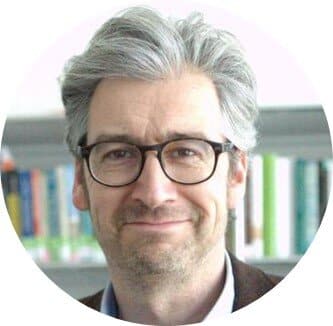
Tobias Haller
Extraordinary Professor in Social Anthropology, University of Bern, Switzerland
Tobias Haller is Extraordinary Professor in Social Anthropology at the Institute of Social Anthropology, University of Bern, Switzerland and lecturer at the ETH Zurich. He studied at the University of Zurich social anthropology, geography and sociology and made his PhD and his habilitation at the University of Zurich. After being project leader in the NCCCR North-South, he was appointed as Director of the Swiss Network for International Studies in Geneva in 2008. In 2009 he became Associate professor at the Institute of Social Anthropology in Bern until 2014 when he received an extraordinary professorship at the same institute.
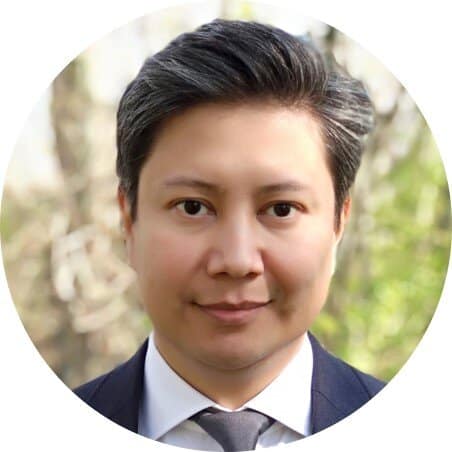
Ilkhom Soliev
Professor of Environmental Sociology and Director of the Social Learning and Environmental Governance Lab, Martin Luther University Halle-Wittenberg (MLU), Germany and German Centre for Integrative Biodiversity Research (iDiv)
Ilkhom Soliev is an institutional economist and interdisciplinary social-environmental researcher with focus on governance of common pool resources. He studies behavioral and institutional change for equitable and sustainable environmental governance. He examines societal transformations and path dependence across natural resource domains of water, land, forests, biodiversity, and climate, as well as in various cultural and political contexts. Currently he is leading the Horizon Europe Project PLANET4B. His most recent interests include experiential learning, survey experiments, power of discourse and social movements in the context of environmental governance, as well as transdisciplinary approaches to values and rights of nature.

